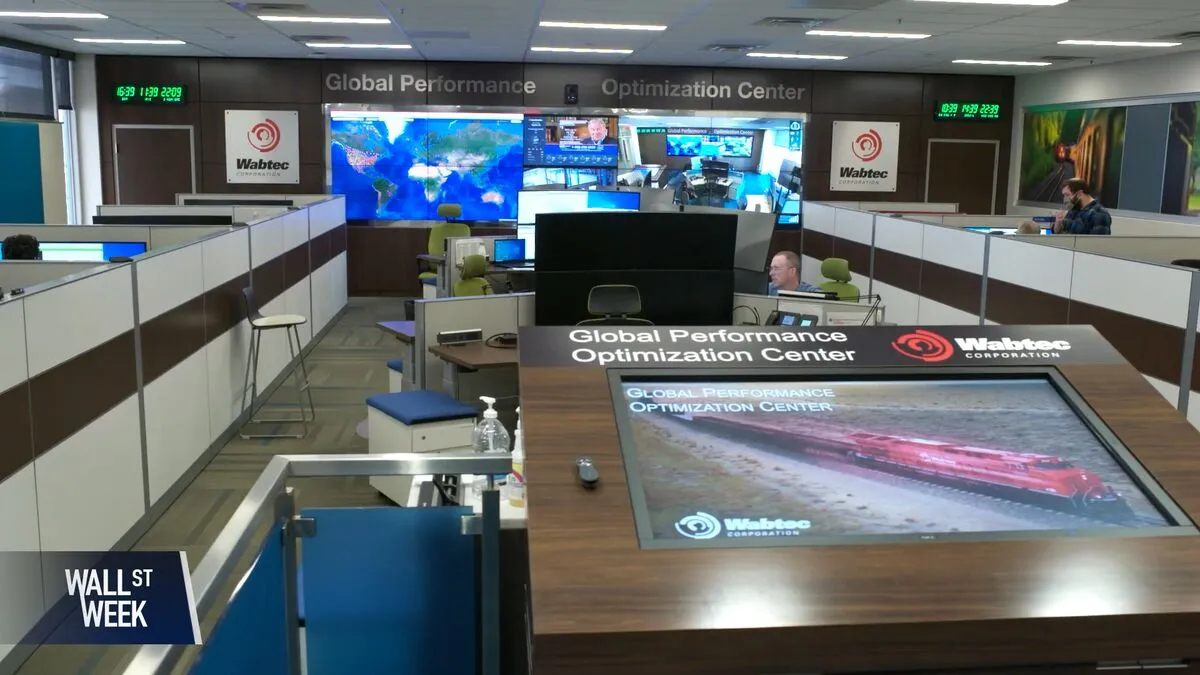«`html
How AI and Automation Are Revolutionizing the Global Supply Chain
In the wake of the pandemic, significant vulnerabilities in global supply chains have come to light. As a result, logistics professionals are increasingly adopting artificial intelligence (AI) and automation technologies to reshape the movement of goods across the globe. This transformation is not just about efficiency; it’s about rethinking the entire logistics framework.
Innovative companies such as Waabi, Penske, and the Port of Los Angeles are at the forefront of this revolution. They are leveraging AI-driven solutions, including self-driving trucks and predictive analytics for port operations, to streamline processes. These advancements aim to minimize costs, reduce waste, and foster new avenues for economic growth.
By integrating AI into their operations, these organizations can optimize routes, predict demand fluctuations, and enhance inventory management. This not only leads to improved operational efficiency but also contributes to a more sustainable supply chain by lowering carbon footprints through reduced fuel consumption and waste.
The ongoing shift toward automation and AI in logistics is expected to play a crucial role in building resilient supply chains capable of withstanding future disruptions. As industries continue to evolve, the adoption of these technologies will likely define the future of global trade.
In summary, the integration of AI and automation into the supply chain is set to transform logistics, making it more efficient, cost-effective, and sustainable. Companies that embrace these changes will not only thrive in the current landscape but also pave the way for future innovations in supply chain management.
«`
Source: Original
